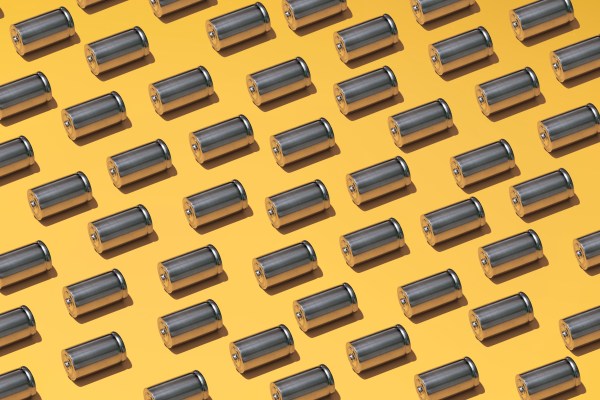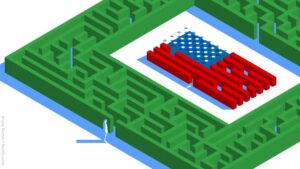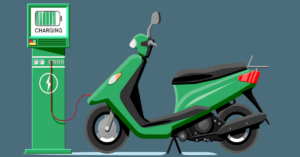
As automakers bet their futures on electric vehicles, they’re beginning to confront the hard realities of economics and physics. Prices for nickel and cobalt, two key elements used in EV batteries today, have skyrocketed, far outpacing inflation. At the same time, existing lithium-ion battery technology is improving, just not fast enough.
That’s sent companies searching for alternatives, from solid-state batteries to exotic materials and components. Many of those are years away from commercial use, though.
Mujeeb Ijaz, founder and CEO of Our Next Energy, thinks we already have many of the pieces we need. Ijaz wants to take two battery types — one optimized for daily commutes and the other for long road trips — and stuff them into the same pack. The idea is to let each type play to its strengths while the other covers for its weaknesses.
ONE grabbed headlines earlier this year after driving a Tesla 752 miles on a single charge, but not much was known about its technology. But now, TC has reviewed ONE’s patent applications and has an exclusive look at how, exactly, the company plans to merge different battery types into an uber-pack that’s twice as energy-dense as what’s in today’s EVs while still being able to handle everything from daily commutes to bladder-busting multi-state journeys.
If ONE can deliver, its technology could help free consumers from range anxiety while also making EVs cheaper and safer, potentially unlocking a wave of purchases.
The right chemistries
Typically, EV batteries use one type of battery chemistry, and that chemistry has to be optimized to balance competing demands, including how much energy they can store, how safe they’ll be in crashes, and how long they’ll last before they break down. Oh, and they shouldn’t be too expensive. It’s no easy task, and in the end, the battery ends up compromising on at least one of those goals.
Ijaz realized that while it’s unreasonable to try to fulfill all of those objectives with cells of a single type, it’s possible across a group of cells. All Ijaz had to do was figure out a way to make them work together.




![Read more about the article [Funding roundup] Threedots, MatchLog, NowPurchase raise early-stage deals](https://blog.digitalsevaa.com/wp-content/uploads/2021/12/Image03w0-1640781482458-300x150.jpg)





